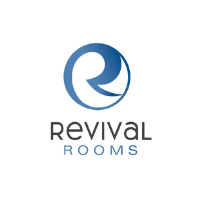Metering and Monitoring
Overview
We were approached by an award winning 4-star hotel who have been working to improve their sustainability through using local artisan food producers, developing their own organic kitchen garden and sourdough bakery, and they were keen to understand what improvements could be made through better management of their energy portfolio.
Process
Our process to help reach the energy efficiency goal is outlined by the diagram shown. We Measure the energy consumption of the hotel, including their carbon impact, by installing our smart metering system which is an extremely quick and easy installation process. Visualisation comes from how we present the data, in a format which allows us to analyse usage patters and spot anomalies. The information can be viewed in various formats, whether by location, process, or financial allocation. The Manage step in the process is where we begin to introduce improvements and recommendations to ensure a continuous improvement of energy efficiency, leading to Reduce – lower usage and lower costs.

Results
The first step in being able to understand what improvements have been made, is to ensure a baseline to compare against. This is taken from the initial data collected in the first few weeks and was presented to the client in the format below.

From analysing the data we noticed that the overnight baseload consumption of the hotel was changing continuously – some nights they were using 90 kWh (€30) of electricity more than others. This could be as much as €5,500 over an entire year, so we began investigating at a more granular level.
The bar area was the first one we looked at. The baseline can be seen below, with the yellow line showing energy consumption. The flat lines (when the bar is closed) are what we wanted to investigate, as they range from 2kw usage to just over 3kw each time the bar is shut.

Upon further investigation, we found that on certain nights some appliances were being left on overnight. Once this was highlighted and actions were taken to improve this process, we saw a reduction of the overnight baseload to close to 1kw every night, as shown below. This simple change has saved the hotel approx. €750 a year in wasted energy.

We replicated this process across the other areas of the hotel and once actions had been taken, we were able to reduce the overall baseload by 90 kwh each night, saving €5,500 per year.
As well as looking at hotel locations, we also did a deep dive into some of the processes which we believed to be inefficient. One such opportunity was evident when it came to the walk in fridge/freezer. As you can see from the below data, we were able to see that the freezer had a spike in energy usage between the hours of 6am – 2pm.

This was a result of the freezer door being left open for periods of time as the kitchen staff prepared food etc. This meant the compressor was having to work harder during these hours to maintain the temperature. A recommendation to install PVC strips at the entrance to the freezer reduced heat loss and as a result reduced the usage needs of the compressor – a saving of €3,744 per year.
The above are just two example of the improvements we were able to make as a result of installing the measuring and monitoring software. In total we were able to make recommendations which led to circa €12,000 of savings per annum and provided the hotel with a feasibility study for a solar PV installation and a heat pump installation. Improvements are measured on a constant basis and we continue to work with this hotel to highlight opportunities as processes change and upgrades to the hotel are made.
Contact us
Book your energy audit today!
Discover how an energy audit can reduce your energy costs.
Who we work with
Our Clients & Partners
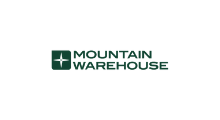
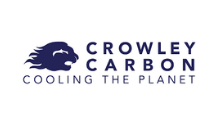
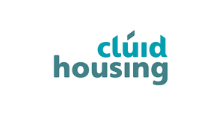
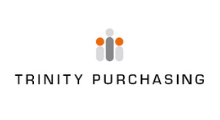
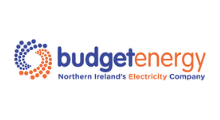


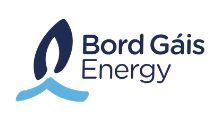
Testimonials
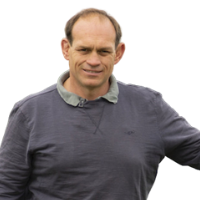
Simon Best
Acton House Farm

Denise Byrne
Company Secretary - Ashford House Nursing Home

Shane Breslin
Purchasing Manager – Burke Joinery Limited

Sandra Moynihan
Accounts Department - Monex Financial Services Ltd
